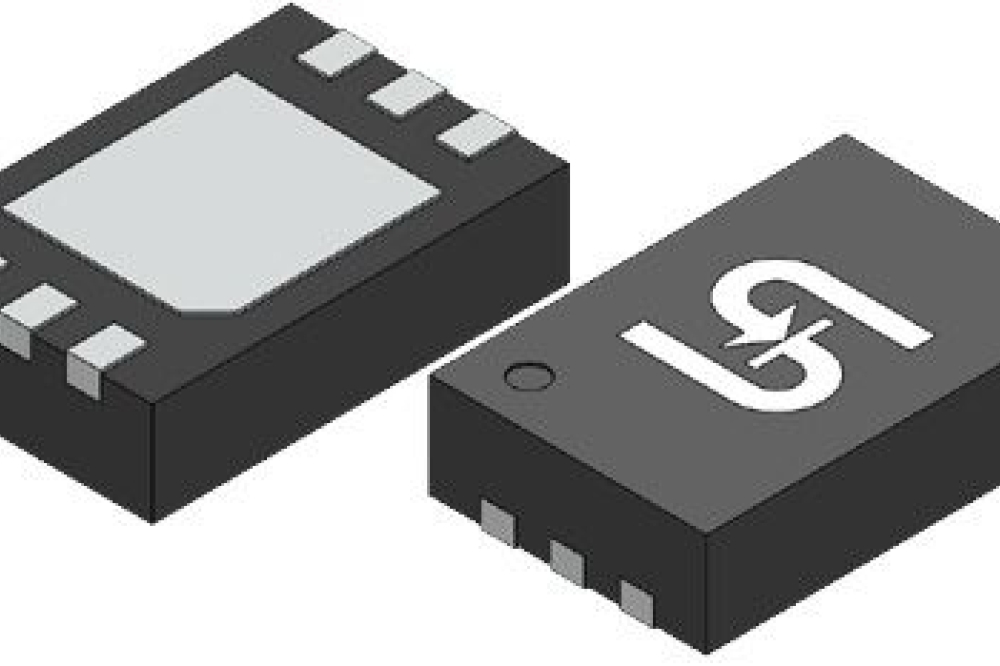Integrated AMR replaces reed switches and hall effect sensors

Taiwan Semiconductor has introduced a fully integrated Anisotropic Magneto Resistance (AMR) sensor that replaces reed switches and hall effect sensors in industrial applications.
The TSHA2101 is an integrated system-on-chip (SIP) requiring little to no added circuitry. Its omni-polar design automatically detects a horizontal magnetic field of either polarity. When positioned to detect a magnet located on a linear or rotational element, the TSHA2101 acts as a non-contact switch with low power consumption, high sensitivity and high reliability.
As a replacement for traditional mechanical reed switches, the TSHA2101 boasts faster response time, superior durability and resistance to wear and degradation over time. Compared to conventional hall effect devices, the AMR sensors’ wider magnetic field detection allows designers to use smaller and thinner magnets in their applications.
Designed for demanding industrial applications, the TSHA2101 AMR device can be operated with supply voltage range from 2.7 to 30 VDC, in an operating temperature environment ranging from -40°C to 105°C. It also features -30V reverse voltage protection and output overcurrent protection.
Applications include robotics sending and control systems, hydraulic and pneumatic cylinder position sensing in both linear and rotary sensing systems in semiconductor manufacturing and processing equipment, medical devices and systems, robotic sewing and textile machinery, tank level sensing, CNC and drilling machines, smart locks and security electronic systems. Sealed on-off switching implementation is also possible with completely sealed IP67+ protection.
“The level of integration of the TSHA2101 AMR sensor makes it possible to implement what would otherwise be a significant electronic design problem into a simple, integrated, small, cost-effective solution that saves development time and money,” said Sam Wang, vice president, TSC Products.

































